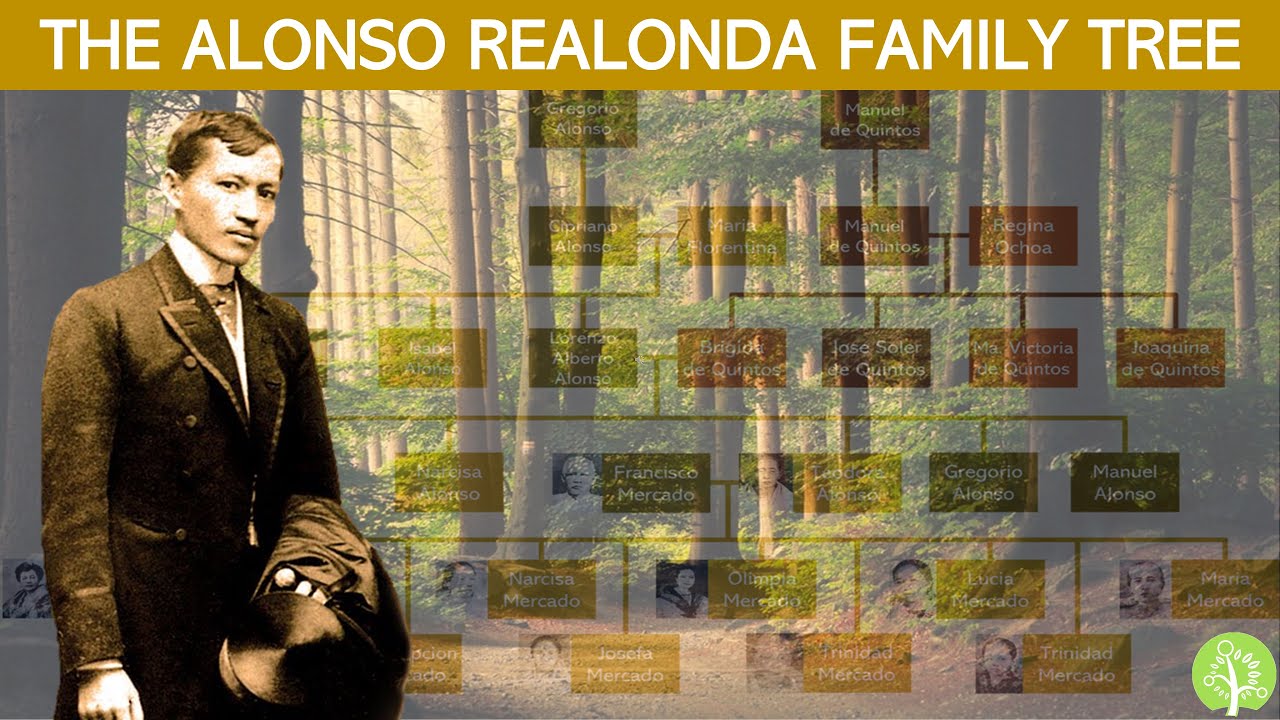Jose Rizal: The First Hero (2012)
Summary
TLDRThe video script delves into the historical significance of José Rizal, a Filipino nationalist revered for his role in inspiring the Philippine Revolution, even though he did not support armed conflict. It highlights Rizal's influence, not only as a revolutionary figure but also as a human hero with flaws and sacrifices, including his willingness to put his family at risk. The transcript explores how Rizal’s legacy grew, especially after his death, and how his life and ideals became central to shaping the Philippines’ future.
Takeaways
- 🗡️ The term 'hero' was not used to describe figures like Rizal in Spanish-Tagalog dictionaries before the 20th century; instead, terms like 'warrior' or 'leader' were more common.
- 👨⚕️ José Rizal was one of the few ophthalmic surgeons in Southeast Asia, which drew people like Josephine Bracken’s stepfather to seek his expertise.
- 📜 Rizal understood his place in history and knew he was important to the development of the Philippines.
- 🩸 Rizal was willing to sacrifice his life for the cause of the Philippines’ freedom and future.
- 🎲 Some Filipinos spent their time gambling, while others followed Rizal, who felt compelled to remind people why they were in Spain—to save their country.
- ⚔️ Rizal was associated with a revolution that he did not approve of, which created an ironic situation in his legacy.
- 🛑 Despite the revolution, Rizal asked Filipinos to lay down their arms and assured them he was not behind it.
- 👥 Rizal’s willingness to sacrifice extended even to his own family, a side not often acknowledged in modern perceptions of him.
- 👑 Rizal’s greatness lies in his humanity, and he was revered even before his death, but especially after, as his life and death inspired the revolution.
- 🇵🇭 Rizal’s legacy and martyrdom were crucial to shaping Philippine history, making him a unique and irreplaceable figure.
Q & A
What does the script suggest about the term 'hero' in the context of Spanish and Tagalog before the 20th century?
-The script suggests that 'hero' as a word was not found in Spanish or Tagalog dictionaries before the 20th century. Instead, terms like 'warrior,' 'dagger,' and 'leader' were used to describe similar concepts.
What significant contribution did José Rizal make in Southeast Asia according to the script?
-José Rizal was one of the few ophthalmic surgeons in Southeast Asia, which is why Josephine Bracken's stepfather traveled all the way from Hong Kong to consult him.
How did Rizal view his own place in Philippine history?
-Rizal understood his importance in shaping the future of the Philippines and was willing to sacrifice his life for its development.
What criticism does the script make about some Filipinos during Rizal’s time?
-The script criticizes some Filipinos for spending their time gambling, while Rizal and others were focused on educating the people about their purpose in Spain—namely, to save the country.
What was Rizal's stance on the Philippine Revolution?
-Rizal was linked to the revolution, but ironically, he did not approve of it. He even asked Filipinos to lay down their arms and assured them that he was not behind the uprising.
What is the script's take on Rizal's sacrifices for the Philippine cause?
-The script highlights Rizal's willingness to sacrifice even his own family for the greater good of the Philippines, showing a more ruthless side of him that is often overlooked.
How does the script describe the evolution of Rizal’s image after his death?
-Rizal was revered even before his death, but after his martyrdom, his reverence grew, as people recognized that there was no one like him. His life and death inspired the Philippine revolution.
Why does the script suggest that people in the 21st century prefer more 'human' heroes?
-The script suggests that modern audiences want heroes who are more relatable and human, rather than idealized or flawless figures.
What is considered the 'secret' to Rizal's greatness, according to the script?
-The secret to Rizal’s greatness lies in his humanity. He was not just a hero or a martyr but also a human being, which is what made him relatable and revered.
How does the script conclude Rizal’s impact on Philippine history?
-The script concludes that Rizal’s life and death were pivotal in inspiring the Philippine Revolution, and that without him, the course of the country's history would have been different.
Outlines

このセクションは有料ユーザー限定です。 アクセスするには、アップグレードをお願いします。
今すぐアップグレードMindmap

このセクションは有料ユーザー限定です。 アクセスするには、アップグレードをお願いします。
今すぐアップグレードKeywords

このセクションは有料ユーザー限定です。 アクセスするには、アップグレードをお願いします。
今すぐアップグレードHighlights

このセクションは有料ユーザー限定です。 アクセスするには、アップグレードをお願いします。
今すぐアップグレードTranscripts

このセクションは有料ユーザー限定です。 アクセスするには、アップグレードをお願いします。
今すぐアップグレード5.0 / 5 (0 votes)






